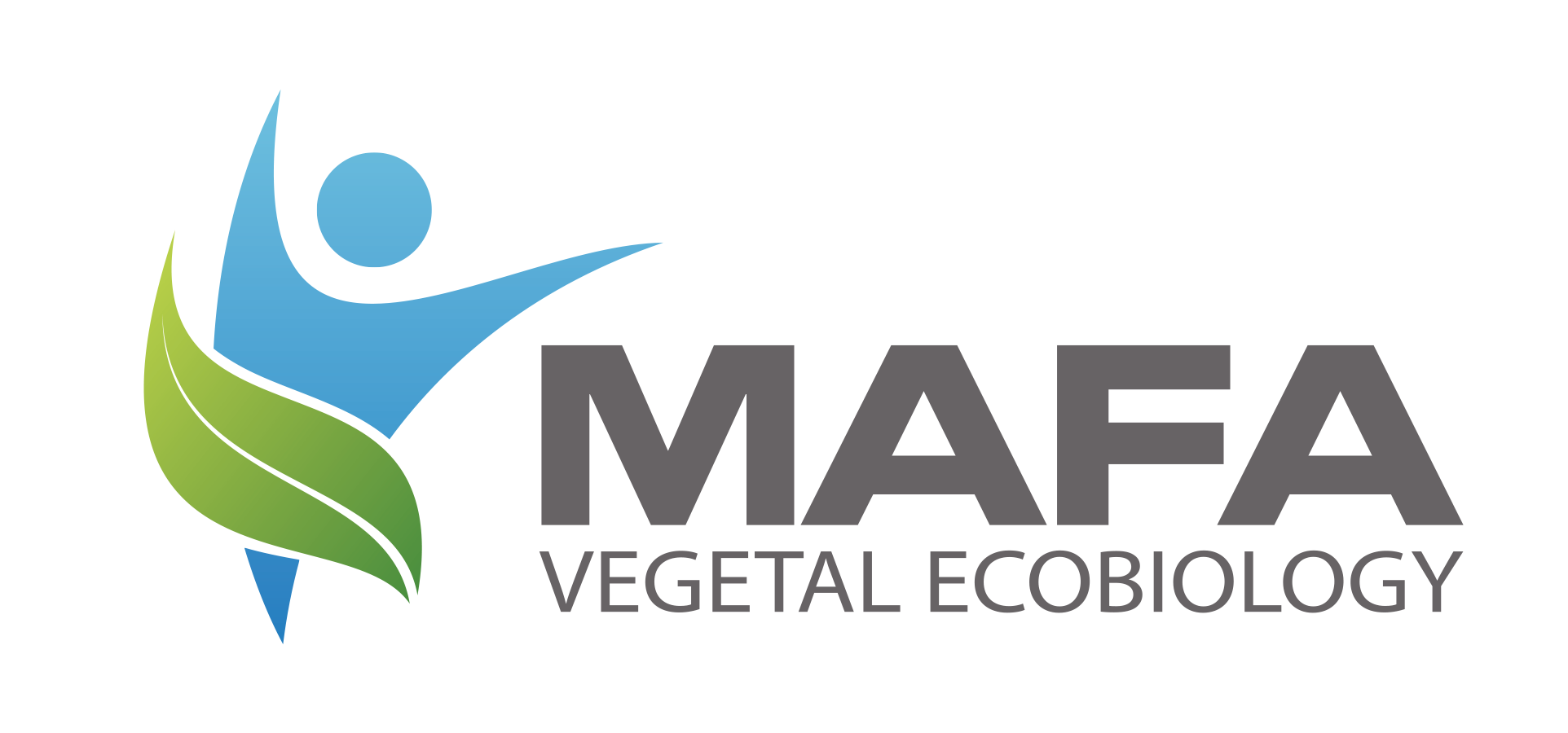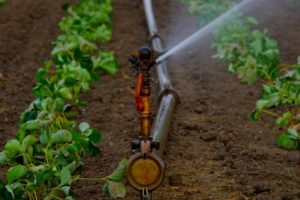In the last days of August, the United Nations Organization organizes World Water Week, a conference to reflect on the importance of optimizing the use of a resource that is as scarce as it is valuable and essential. From here we want to make our humble contribution to an issue that we must assume and face with feasible solutions. And, for this reason, with the World Water Week very present, we want to highlight 5 ways to optimize its use in the field.
Why is it so important to optimize water use in agricultural production systems?
Because the lack of water – due to endemic scarcity of the territory or due to periods of drought – reduces the production of many foods and affects prices and the market. They have already indicated it more than once from the FAO: there is no food security without water security, says this UN body.
Take care of the water
The conservation of water resources and the correct management of water must be a priority for all sectors. Focusing on the primary sector, the objectives must be:
- Produce in a way that conserves water.
- Use water only if it is essential and always in a more sustainable and intelligent way.
- Contribute to agriculture and livestock addressing the reality of climate change.
”5
Choose the most efficient irrigation system for each type of crop. In fact, there are more and more technological applications and tools that allow us to use only and exclusively essential water, without wasting or losing it. Sensors, underground drip, automated systems, fertigation are some of the many options.
For this reason, more and more specialized companies offer the farmer solutions to make the most successful management possible of the water resources that are destined to the field.
Using ‘smart’ irrigation systems. More and more specialized companies are creating ‘smart’ irrigation solutions. This allows, through the use of modern technologies, to establish the optimal moment, frequency and time of irrigation based on the characteristics of the soil, the climate and the type of existing crop.
In addition, in the case of the use of machinery that requires a lot of energy (such as pump), it is possible to resort to photovoltaic solar equipment, which is more efficient and cheaper than the conventional electricity supply.
Organize and order crops efficiently. In this case, the interesting thing is to group types of plants or trees according to their water needs. This allows us to focus on the most appropriate type and frequency of irrigation for each type of crop, according to its water demand.
Alternative management methods. We refer to many of the options that have emerged in recent years, such as wastewater treatment for reuse and application to agricultural irrigation. Also aquaponics is very interesting, which can solve the efficient and combined management of water with a system that unites aquaculture (fish farming) and hydroponics (growing plants in water without soil).
GRAY WATERS FOR THE IRRIGATION
Without a doubt, aquaponics is a different option for the use of water in the field, as is the case with the so-called ‘gray water’ (reused water such as those mentioned above). The reuse of water, storing rainwater, with water recovery tanks or giving a new use to the filtered liquid, also help. At the end of the day, what it is about is to avoid wasting water in the field.
Know the soil well and use techniques to maintain moisture. It may seem obvious, but clearly identifying the type of soil where our crop grows is important to apply additional solutions that help you retain water or maintain the substrate with optimal humidity. In addition, they are very practical techniques such as padding or mulch. It consists of covering the soil surface with natural materials such as tree bark or pruning debris to prevent water loss due to evaporation and improve soil moisture.
There are many ways to optimize water use across the board. It is a scarce, valuable and essential resource for life.
Let’s take care of it.





